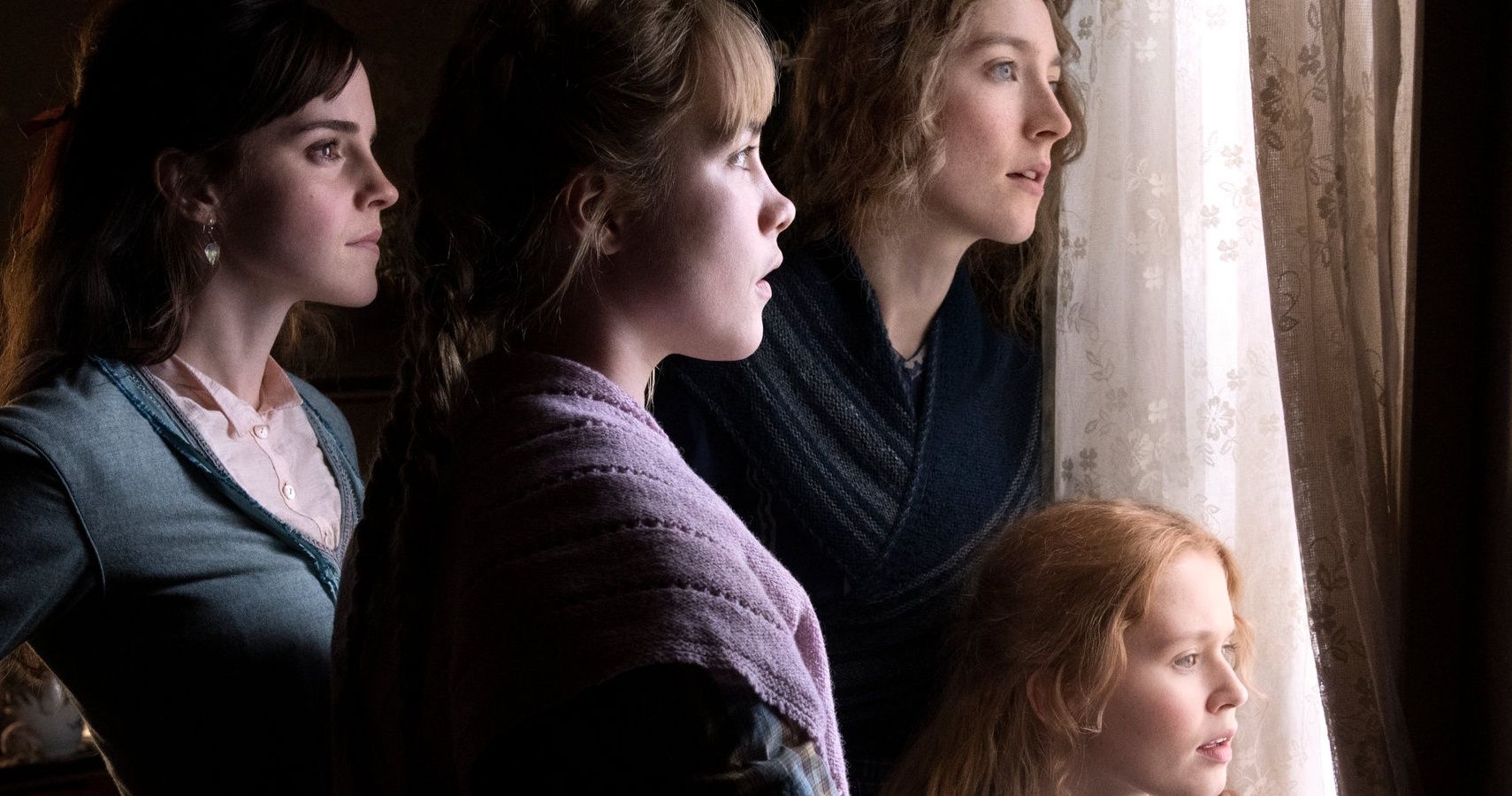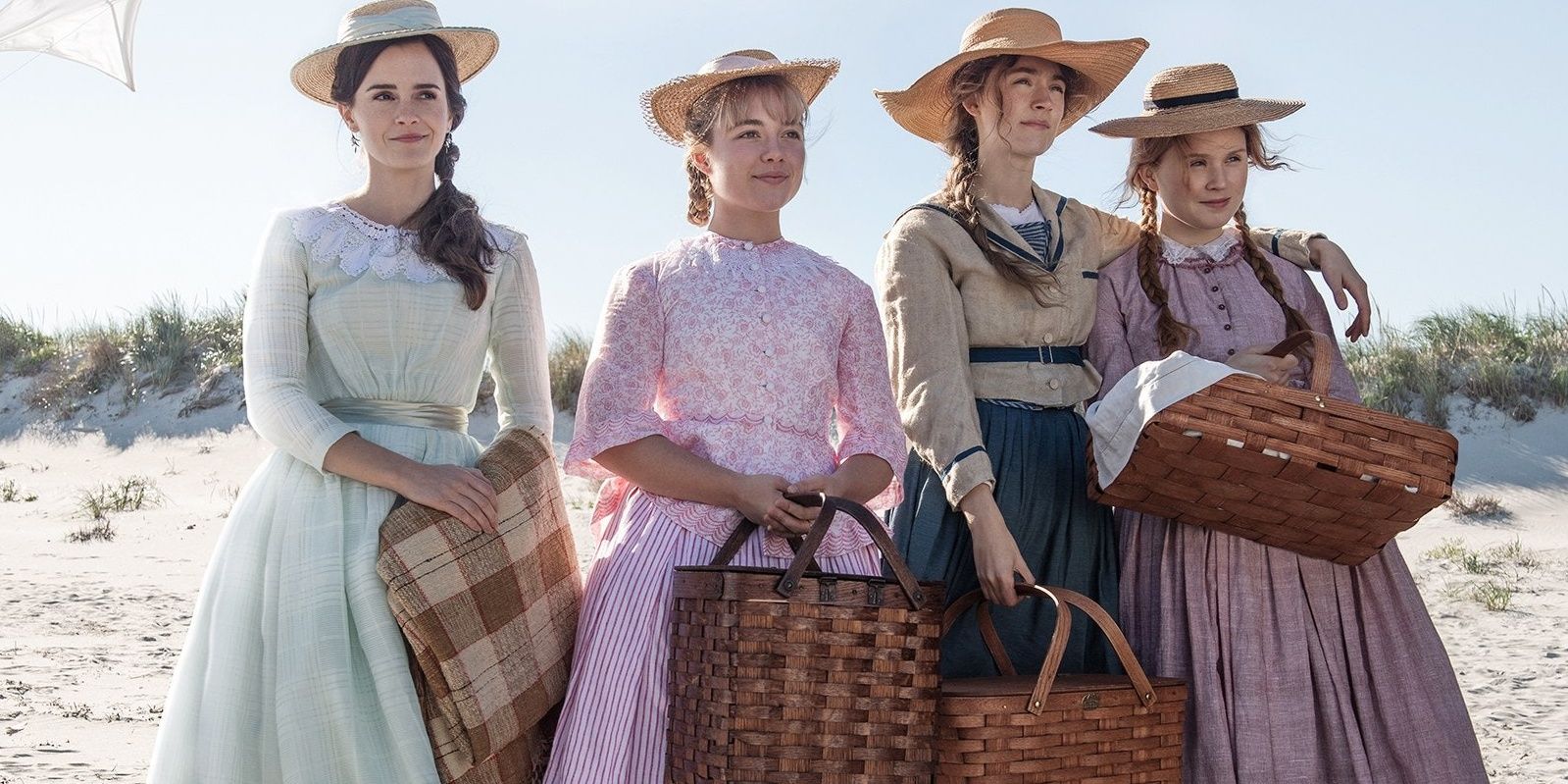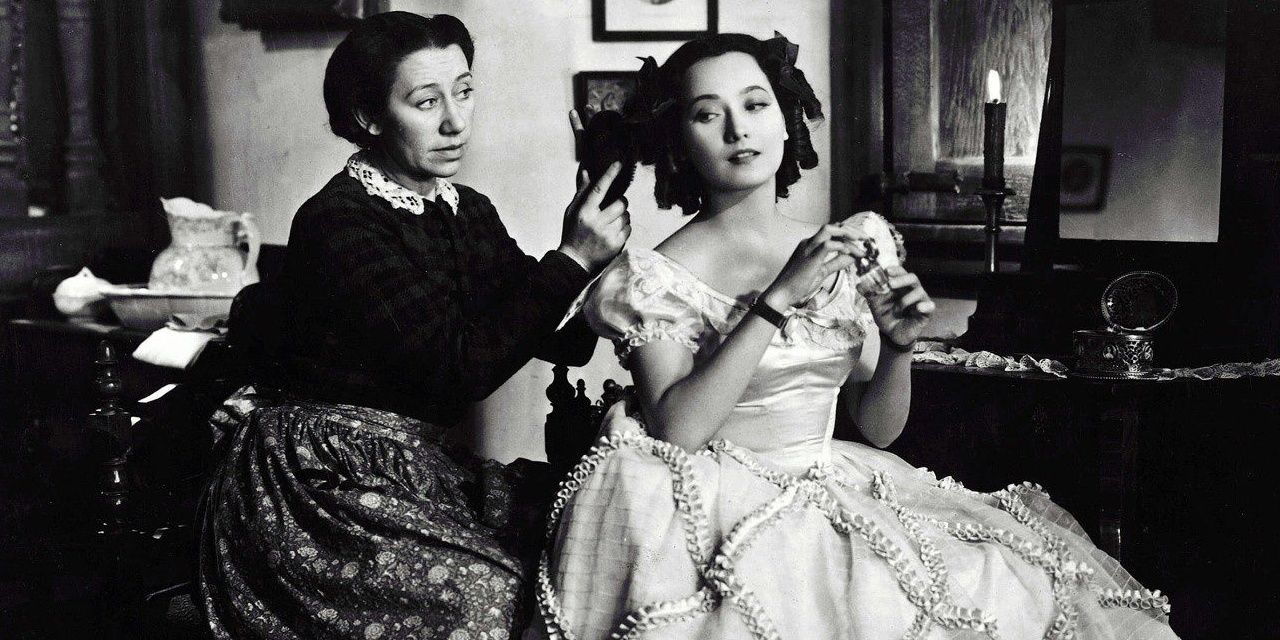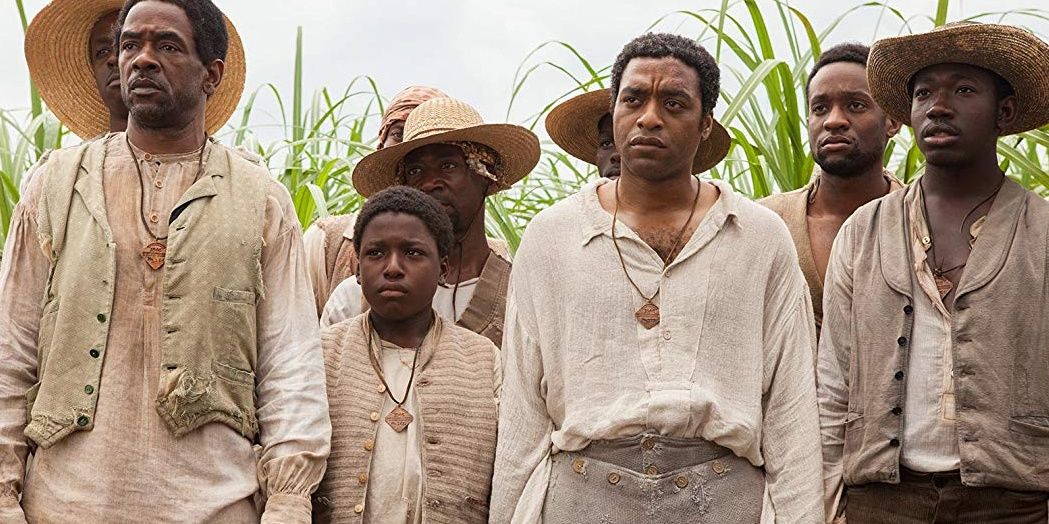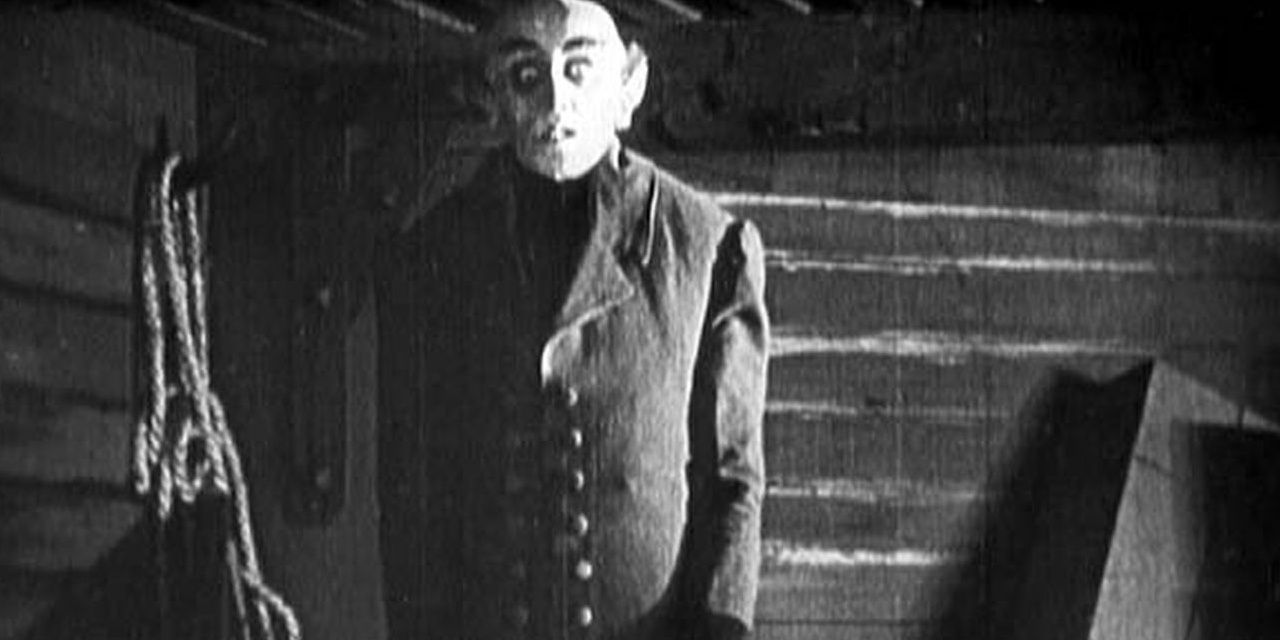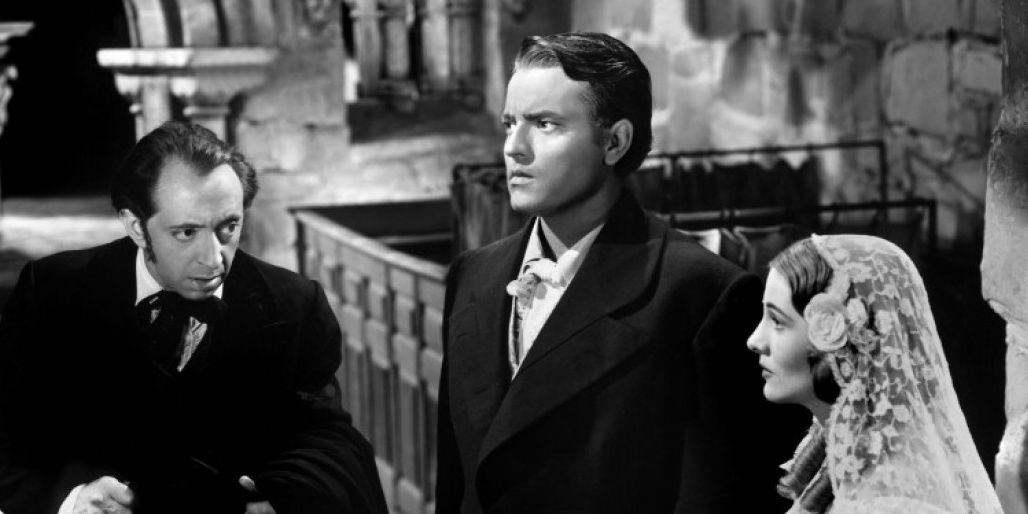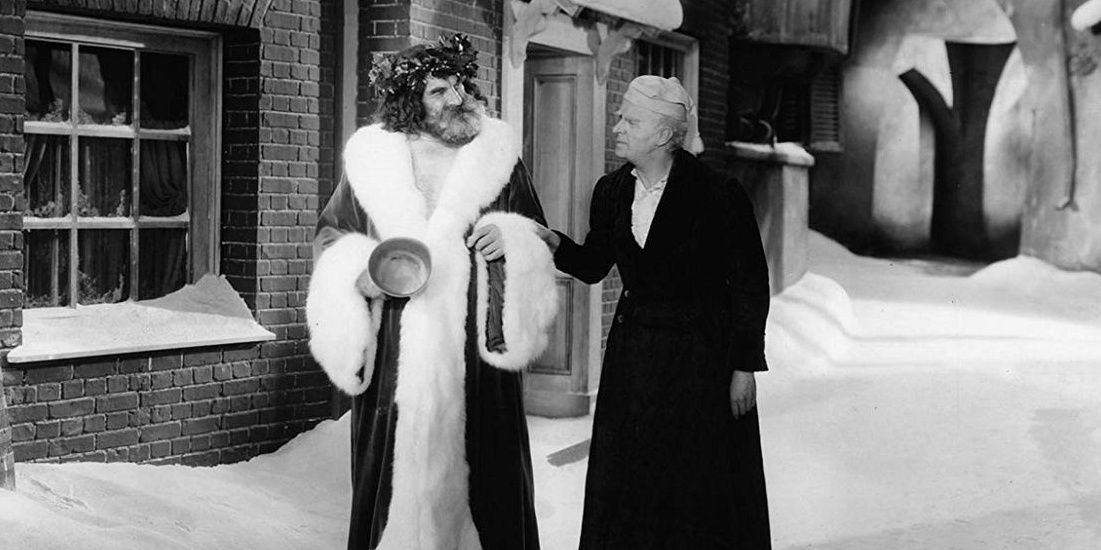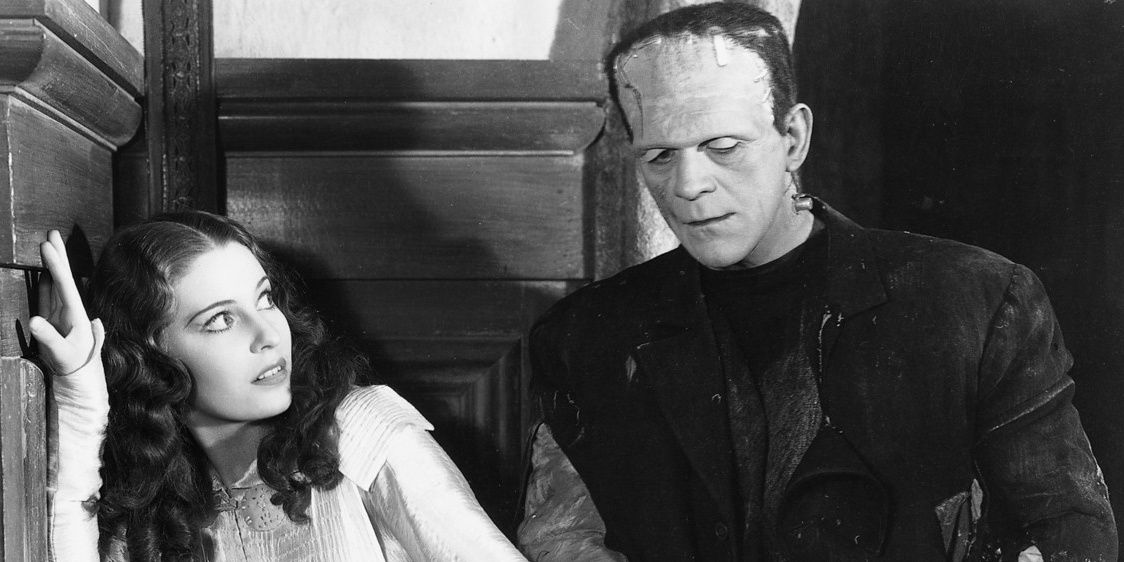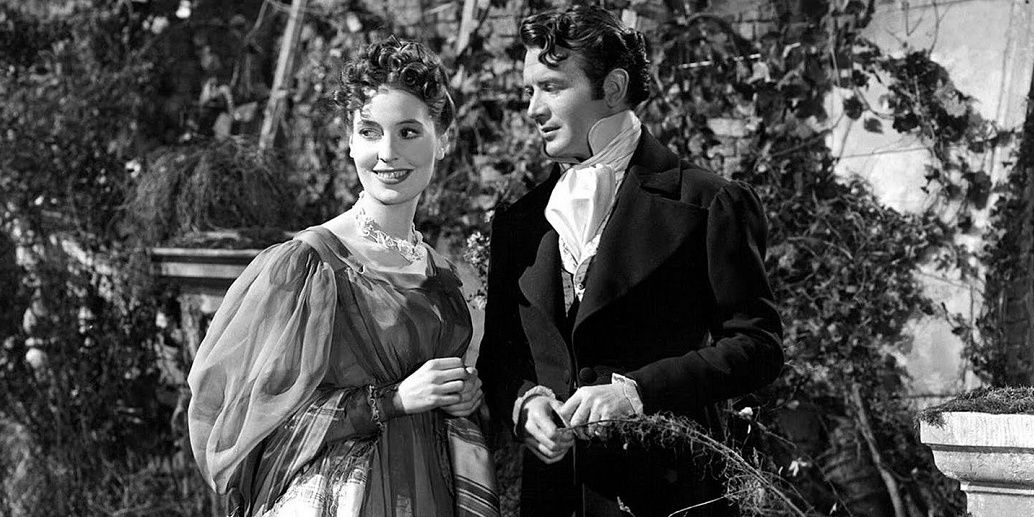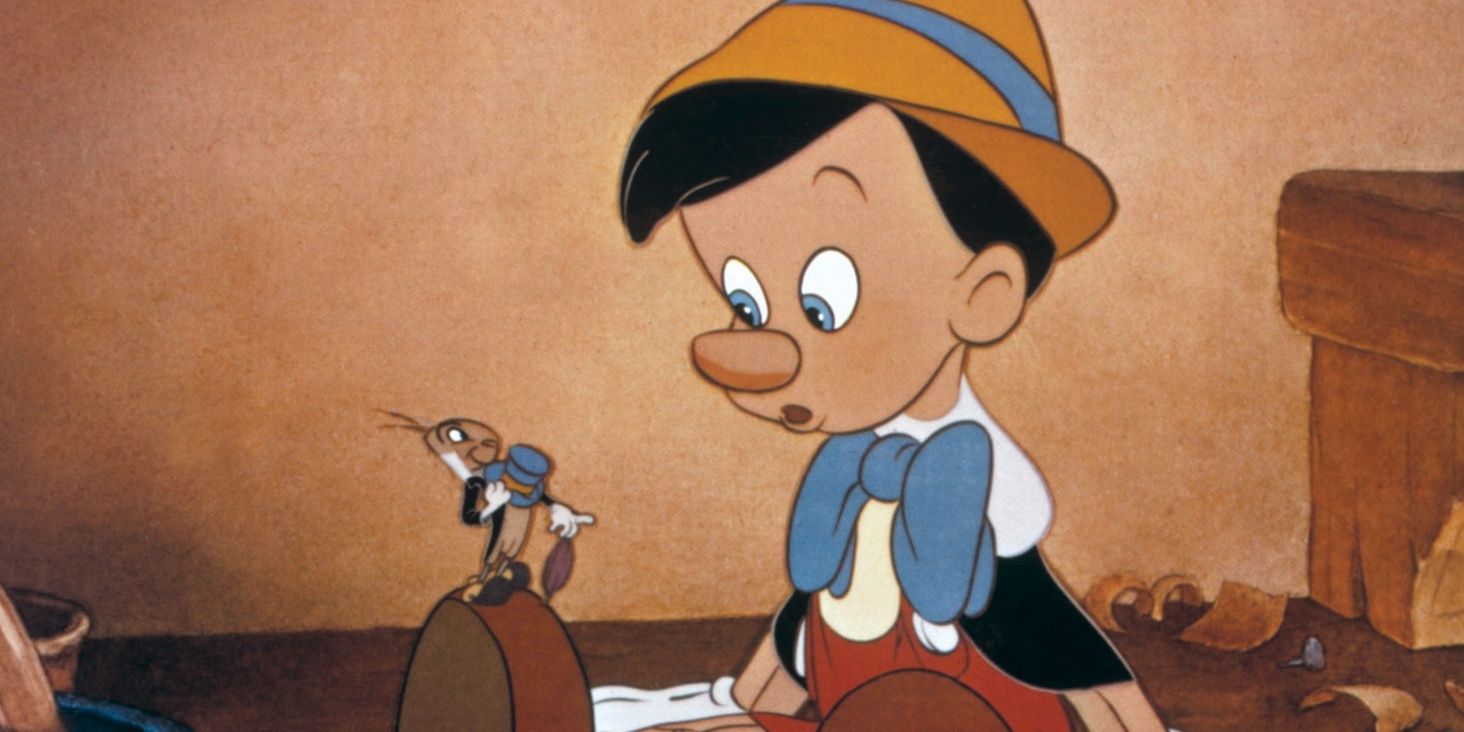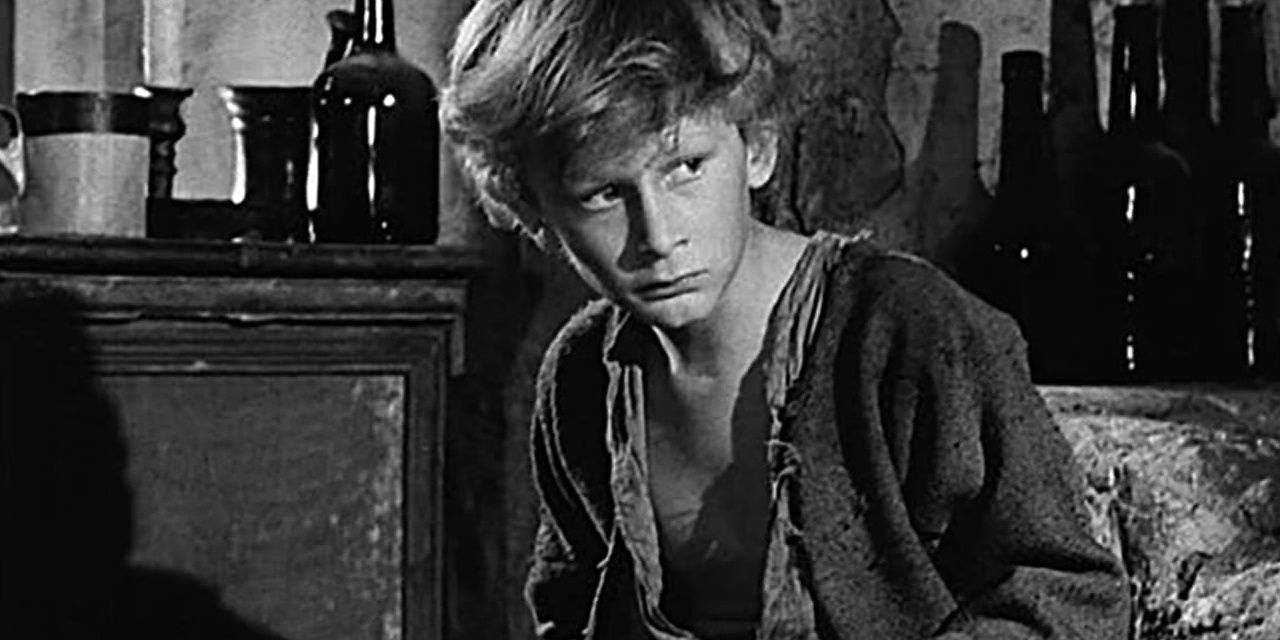We all love a good adaptation, and filmmakers are constantly creating updated versions of old stories. There's something inherently comforting for people in the familiar, which is why we like to watch reruns and see the same story again and again, even with different set dressing through different versions.
However, the same creators and stories can be adapted quite often. It's fun to find the hidden gems in life, especially in the film world. Therefore, with the new adaptation of Jane Austen's Emma coming to theaters, let's take a look at the 10 best films adapted from 19th-century novels (that aren't Jane Austen), according to Rotten Tomatoes.
Little Women (1933 and 2019): 94%
Louisa May Alcott's coming of age novel about four Massachusetts sisters during the Civil War has been adapted many times for the screen. Instantly popular upon its release, the novel is easily adaptable. Currently, both the versions from 1933 and 2019 hold a 94% rating on Rotten Tomatoes. In 1933, Katherine Hepburn starred as Jo March, directed by George Cukor, and in 2019, Saorise Ronan took on the role, directed by Greta Gerwig. Both films were praised for their actress's performances, and the 2019 version was also singled out for its costume design.
Wuthering Heights (1939): 95%
Based on the 1847 Emily Bronte novel of the same name (though written under a pen name, Ellis Bell), Wuthering Heights stars Laurence Olivier and Merle Oberon. Directed by William Wyler, it is the most famous of the Wuthering Heights adaptations. It was nominated for eight awards at the Academy Awards, during one of Hollywood's best years. As an adaptation, it eliminates the second generation's story, and focuses solely on the tale of Cathy and Heathcliff.
Wuthering Heights was praised for staying true to the novel in tone, keeping it sinister and wild.
12 Years a Slave (2013): 95%
12 Years a Slave is based on the memoir of the same name by Solomon Northup, published in 1853. Directed by Steve McQueen and starring Chiwetel Ejiofor and Lupita Nyong'o, the film covers Solomon's 12-year-long journey to free himself from slavery, after being captured while playing the violin as a free man in the American South in the 1840s. 12 Years a Slave was praised for its actors, and the intensity of its story. It is the second adaptation of the memoir, after a PBS television film was released in 1984.
Nosferatu (1922): 97%
Nosferatu is an unauthorized adaption of Bram Stoker's Dracula, released in 1897. The novel brought many modern conventions of the vampire to the forefront. Released in 1922, it is a silent German Expressionist horror film, starring Max Shreck and Greta Schroder. Count Orlok (Schreck) has an interest in the wife of his estate agent (Gustav von Wangenheim), though he is also looking for a new residence. Stoker's heirs sued over the adaptation and all copies were meant to be destroyed. However, a few prints of the film survived, which led to it becoming a known work of cinema.
Jane Eyre (1944): 100%
Let's begin with Charlotte Bronte's most famous book! This adaptation of the 1847 novel stars Joan Fontaine and Orson Welles as the titular Jane and Edward Rochester. Jane is an orphan of no fortune who takes a job as the governess of Rochester's ward Adele. She falls in love with Rochester, but several obstacles stand in the way of their future. The film has been recognized by the American Film Institute, in 2002 and 2005, and the music, scored by Bernard Hermann, has been singled out for praise as a soundtrack experience all on its own.
A Christmas Carol (1938): 100%
A Christmas Carol was published in 1843, written by Charles Dickens. The 1938 adaptation, directed by Edwin L. Marin, stars Reginald Owen as Ebenezer Scrooge, who comes to understand himself, his errors, and how they've impacted everyone around him, after being visited by three spirits on Christmas Eve. A few changes that were made were repeated for subsequent adaptations, such as changing the arrival of the ghosts. The film has become a staple of syndicated television, starting in the 1960s, and is particularly known in Chicago, as it ran as part of WGN Television's Family Classics series.
The Bride of Frankenstein (1935): 100%
The Bride of Frankenstein takes inspiration from Mary Shelley's Frankenstein, serving as a direct sequel to the 1931 film of the same name. One of its subplots comes directly from the novel. Henry Frankenstein (Colin Clive), chastened from the events of the previous film, has abandoned his efforts to create life, but is eventually coerced by his mentor Dr. Septimus Pretorius (Ernest Thesinger) and the Monster itself (Boris Karloff) into creating a mate for the Monster, who is played by Elsa Lanchester, also performing in the dual role of Mary Shelley.
Great Expectations (1947): 100%
Great Expectations, adapted from Charles Dickens' 1861 novel, stars John Mills and Valerie Hobson. Orphan Pip (Anthony Wager as a child) undergoes a reversal of fortune after being asked to play with Estella (Jean Simmons as a child), the ward of an eccentric elderly spinster, Miss Havisham (Martila Hunt).
Years later, a mysterious benefactor arranges to teach Pip how to be a British gentleman, and this offer changes his life completely. The script is a cut-down version of Dickens' novel, thought up after David Lean, the director and one of the screenwriters, saw an abridged stage version in 1939.
Pinnochio (1940): 100%
Pinnochio is one of Walt Disney's earliest films, the second in the company's Animated Canon, and was adapted from the Italian children's book The Adventures of Pinnochio by Carlo Collodi. Geppetto (Christian Rub) is a woodcarver who wants a son and creates one out of wood.
He wishes for his creation to become a real boy, and his wish is granted by the Blue Fairy (Evelyn Venable). Pinnochio (Dick Wood), as the boy is called, subsequently gets into various adventures with Jiminy Cricket (Cliff Edwards), who acts as his conscience. This film is considered to be the apex of technical perfection by many film historians.
Oliver Twist (1951): 100%
Oliver Twist is yet another great British Charles Dickens adaptation. Starring John Howard Davies and Alec Guinness, the film influenced every subsequent adaptation of Oliver Twist for its clever additions. It is directed by David Lean, and is the second of his Charles Dickens adaptations after Great Expectations. Consequently, he assembled much the same team as the first film, including producers Ronald Neame and Anthony Havelock-Allen, as well as cinematographer Guy Green, among others.
In 1999, the British Film Institute placed it in its list of top 100 British movies.

